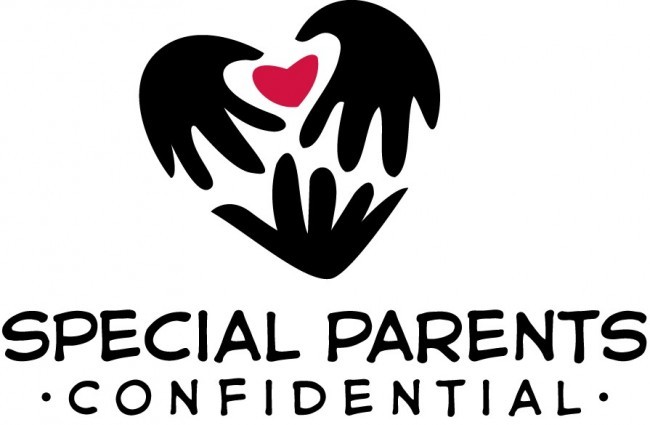Death And Grief.
Death and grief are subjects that are often overlooked at the holidays. Celebrations can be difficult for families who have recently experienced a loss. Adults and children experience grief in different ways, especially children with special needs. The important thing to remember is there is no time-frame for ‘getting over it’ or even the so-called ‘sense of closure’ (which often never happens). With that in mind, we invite you to listen again to episode 32 from January of 2016, to get some great advice on coping with grief.
Death is one of those subjects that few people want to talk about, yet everyone will experience. For children, death, and the grief that comes with it, can be very hard to talk about. Many kids, even teens, don’t have the abilities or the tools to adequately express their emotions. And when a child has special needs that can make expressing emotions, or even basic communication challenging, the lasting effects of dealing with death and grief can be devastating.
Children Experience Grief Differently.
As parents, it’s sometimes easy to forget that our kids are upset when we face the loss of a parent, grandparent, sibling, or family friend. We see them playing together at funerals and think to ourselves that they’re okay. Sometimes it’s not till days or weeks later that the emotional problems begin to show themselves. Death and grief are difficult to understand for children, no matter what the age.
Support Groups Can Help.
Fortunately there are groups and organizations that exist for the sole purpose of helping children deal with death and grief. One such group is Ele’s Place, in Michigan. Our guest on this episode of Special Parents Confidential is Kelly Ahti, one of the program directors for Ele’s Place in Grand Rapids. She talks about the challenges of how grief can affect children of all ages from toddlers to teenagers. Kelly also has ideas of what parents and relatives can do to help kids deal with their emotions and get through the difficulties and sadness that occurs.
Links to Websites mentioned in the interview:
Ele’s Place – a Healing Center For Grieving Children and Teens
The National Alliance For Grieving Children Resource website with a national and international directory for counseling and therapy centers for children who are grieving.
Sesame Street Video and Articles on Grief
As always a reminder that if you like this episode of Special Parents Confidential or any episode we’ve done, please share our site with your friends, family, and all your connections on social media. You can do this easily with the social media buttons located right below this paragraph. Like us on Facebook, follow us on Twitter, add us on Google Plus, Tumbler, Linked In, Pintrest, Stumble Upon, Reddit, or other social media sites that you use. You can also sign up for our email service and have new posts and podcast episodes delivered right to your inbox the moment they’re available online. That form is located to the right of this text. We’re also on iTunes, Stitcher, and Poddirectory as a free subscription and if you have a moment, feel free to write a review about our podcast on either of those sites. Anything you can do to help spread the word about Special Parents Confidential will help us be able to continue these podcasts.
Thanks for your support!
Podcast: Play in new window | Download
Subscribe: RSS
